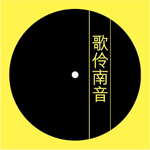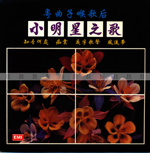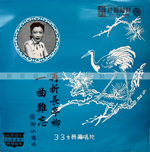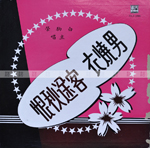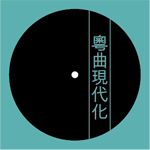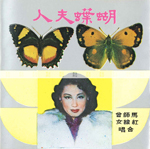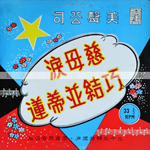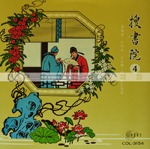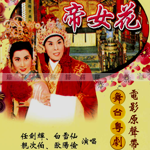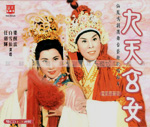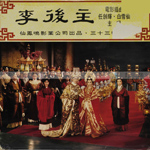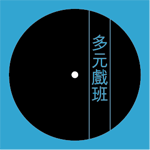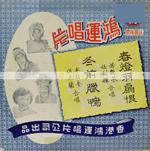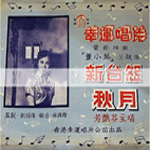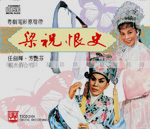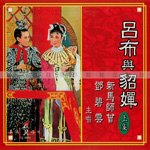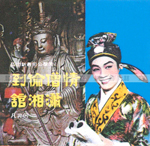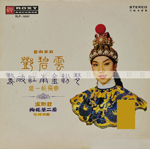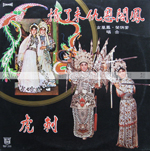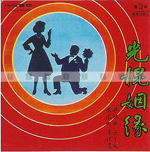Since the early twentieth century, Hong Kong has always been an important venue for Cantonese opera development. After 1949, as a result of political turmoil in the Mainland, performers and troupes converged and resettled in the territory, leading to a tremendous prospering of Cantonese opera in the subsequent decade. This development is linked intimately with the rise of the electronic media.
Performers and troupes began to grasp the possibilities offered by film and radio to re-examine age-old performance practices with regard to acting, singing, script writing, instrumentation, and stage set-up. They brought in novel elements from the theatre and movie world, and participated in the production of films and records. With these acts, they are extending the movement to modernize Cantonese opera that began in the 1930s.
Wong Jum-sum was thoroughly immersed in the world of Cantonese opera from young. Through his close encounter with master performers like Hung Sin-nui, Ma Si-tsang, Yam Kim-fai, Pak Suet-sin and Tong Dik-sang, he witnessed first hand the modernization of Cantonese opera, and was mightily moved by the adventure and passion he saw.
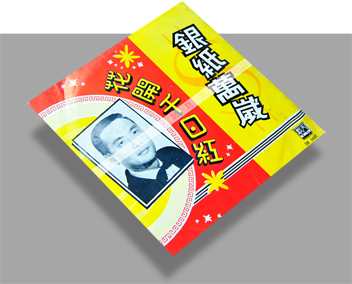

作曲:Kenneth Alford
Malcolm Arnold
作詞:周聰
主唱:周聰、呂紅
快樂 人們青春最 快樂
大眾莫將苦惱 去尋
成日也快樂 沒有煩惱大眾齊工作
快樂 同來高聲唱 快樂
大眾莫將朝氣 降沉
大振精神 應放下煩憂要大家合作
快樂 人們青春最 快樂
大眾莫將苦惱 去尋
成日也快樂 沒有煩惱大眾齊工作
快樂 同來高聲唱 快樂
大眾莫將朝氣 降沉
大振精神 應放下煩憂要大家合作
快樂 人們應該要 快樂
為了是春天已 降臨
成日也快樂 沒有煩惱大眾齊工作
快樂 同來高聲唱 快樂
又切莫心灰冷 志頹
大振精神 應放下煩憂
要大家合作
